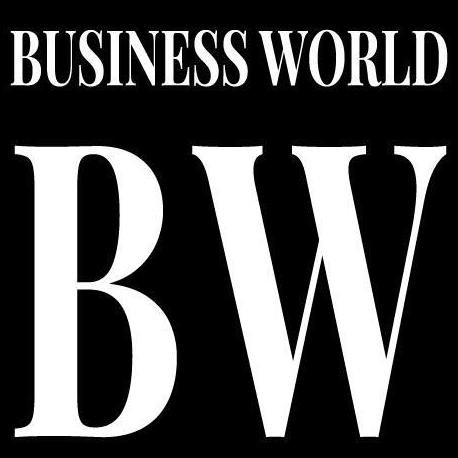Aluminium prices pinned at four-year low
Aluminium fell for a fourth straight session as China factory activity showed minimal growth in March, adding to concerns about falling metals demand and a ballooning supply glut as the coronavirus outbreak spreads further.
Benchmark aluminium on the London Metal Exchange was down 0.7 per cent at $US1,489 per tonne, after touching its lowest since March 2016.
The metal, used in airplane parts and canned beverages, was set for its eighth straight weekly loss.
Stubbornly high inventories of aluminium in China, the world’s top exporter of the metal, and coronavirus disruptions to the car industry, which accounts for about 20 per cent of demand, have spooked markets, said Julius Baer analyst Carsten Menke.
“The market was hoping that China would be on a path of recovery but it hasn’t come back as fast as expected,” he said.
Manufacturing activity fell across much of the world in March, as sharp slowdowns in Germany and Japan overshadowed a modest improvement in China.
Stocks of aluminium in warehouses monitored by the Shanghai Futures Exchange slipped 1.1 per cent to 528,072 tonnes, but are still up from 188,000 tonnes at the beginning of the year. Analysts are expecting those stocks to climb.
Meanwhile, on-warrant LME inventories of aluminium available to the market climbed to their highest level since December 20, by 48,325 tonnes to 1.06 million tonnes.
The discount of cash aluminium over the three month contract is hovering at around $US33 per tonne, near their highest level since September 2018 on Wednesday.
This compares to a $US10.25 discount seen in February and indicates mounting concerns over a supply glut.
Premium for aluminium shipments to Japanese buyers for April to June was set at $US82 per tonne, down 1.2 per cent from the preceding quarter on concerns over falling demand due to the spread of the coronavirus.
Japan is Asia’s biggest importer of the light metal.
Indonesia should allow exports of nickel ore to help offset the impact of the fall in exports of processed nickel caused by the coronavirus outbreak, the Indonesian nickel miners’ association said in a document seen by Reuters.
The German economy is likely to shrink by 10 per cent to 15 per cent in the second quarter, the KfW state development bank said on Thursday, as Europe’s largest economy battles a coronavirus outbreak that has put it in virtual lockdown.
LME copper was up 2.0 per cent at $US4,900 a tonne, nickel was up 0.4 per cent at $US11,310, zinc shed 0.8 per cent to $US1,884.50, lead dropped 1.3 per cent to $US1,696.50 while tin gained 0.2 per cent to $US14,375.






